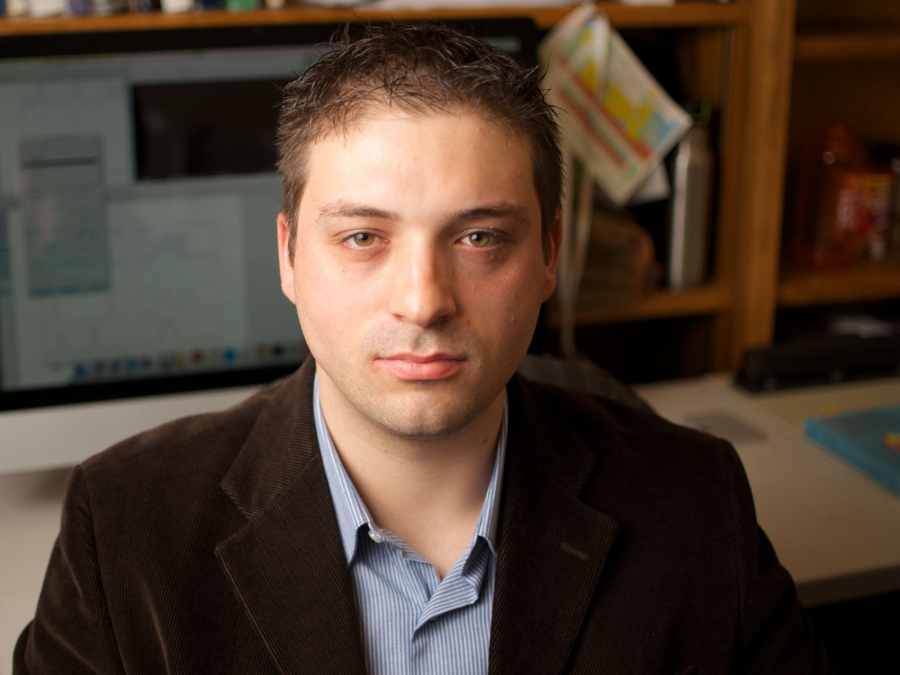Research Corporation for Science Advancement, the Arnold and Mabel Beckman Foundation and the Frederick Gardner Cottrell Foundation have funded seven team proposals for collaborative projects pairing advances in automation and AI to key questions in fundamental research in the second year of the Scialog: Automating Chemical Laboratories initiative.
The 18 individual awards of $60,000 in direct costs will go to 16 researchers, including Pieremanuele Canepa, Robert A. Welch Assistant Professor in the Electrical and Computer Engineering Department at the University of Houston’s Cullen College of Engineering.
Canepa is part of the team investigating “Autonomous Discovery of Single-phase High-Entropy Transition Metal Chalcogenides.” The other members are Zakaria Al Balushi, of the Materials Science and Engineering Department at the University of California, Berkeley; and Shijing Sun, of the Mechanical Engineering Department at the University of Washington.
RCSA Senior Program Director Andrew Feig, who leads the initiative, stressed that foundations are willing to take risks that federal agencies typically won’t, and Scialog is specifically designed to support innovative, boundary-pushing research that might fail but could also lead to transformative outcomes.
“If 100 percent of the proposals work exactly as described, we were not risky enough,” he said. “We want to reach far enough to transform the world.”
Scialog is short for “science + dialog.” Created in 2010 by RCSA, Scialog’s unique format aims to accelerate breakthroughs by building a creative network of scientists that crosses disciplinary silos, and by stimulating intensive conversation around an important scientific theme. Early career participants are selected from multiple disciplines, approaches and methodologies. They are encouraged to form teams to propose high-risk, high-reward projects based on innovative ideas that emerge during the conference.
The second of three annual meetings held April 3–6, 2025, in Tucson, Arizona, engaged 45 Fellows in conversations designed to build a community eager to share their expertise, discuss challenges and gaps in current knowledge, and devise blue-sky collaborative projects. Groupings for small- and medium-sized discussions were carefully curated using an algorithm that makes participants with less in common more likely to spend time in dialogue with each other.
For more information about that seminar and the Sicalog awards, click here. Press release courtesy of the Research Corporation for Science Advancement, with editing by the Communications Department of the Cullen College of Engineering.
